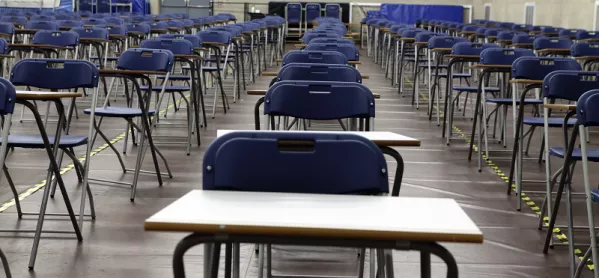The admission comes in an equalities report by the Department for Education on its changes to qualifications in nine subjects that will be taught from September 2017.
It says that some of these subjects - electronics GCSE, AS and A level; statistics GCSE and accounting AS and A level - will require more mathematical knowledge once the reforms have been introduced.
“Our analysis of the evidence raised that the increased level of mathematical knowledge requirements could have an impact on SEN students,” the report says, adding that pupils with dyscalculia “will potentially be disadvantaged”.
“Of the major Stem (science, technology, engineering and maths) fields, mathematics is commonly identified in the literature as problematic for students with disabilities,” the DfE report adds.
“Its visual nature, whether in terms of algebraic equations with complex notation or geometric concepts such as lines and angles, can render much of mathematics education inaccessible to students with visual impairments.”
Pupil premium funding
The report finds that the DfE’s plan to increase the level of demand across GCSE and A-level subjects “may have a greater impact on some students who have protected characteristics, which can make aspects of academic curricula more challenging; for example, pupils with dyslexia or those from other national backgrounds for whom English is not their first language”.
However, it adds, the department believes that “appropriate provision can, and should, be made to mitigate and support pupils with any additional challenge arising from increased demand”.
Schools could use pupil premium funding to help mitigate the effects of the reforms on students who might otherwise be disadvantaged, it suggests.
The report concludes that the tougher new exams will introduce a “culture of high expectations” and that this is “essential to high student attainment and good progress for all students, and particularly in responding to low student attainment.”
“GCSE reform is specifically intended to raise the demand for all students, both more and less academically able,” it says.
Want to keep up with the latest education news and opinion? Follow TES on Twitter and like TES on Facebook




